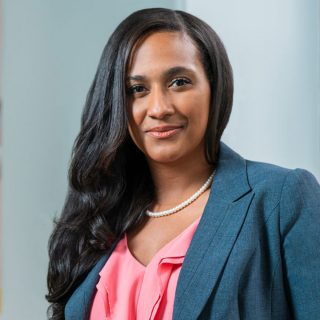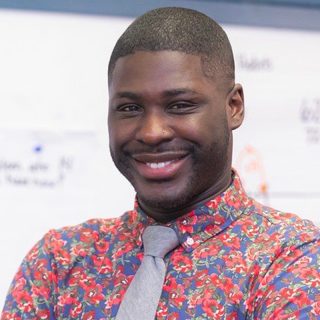The Science of Reading (SoR) can be a game changer for students, especially student demographics that have historically struggled in reading. However, as states figure out how to fully implement SoR into classrooms across the country, one key ingredient of success is often still missing: effective teacher and leader training.

In our January 31st post, "Sold a Story" est un appel à l'action renouvelé, we spoke about the compounding effects of student learning loss due to the pandemic and high teacher attrition leading to a less tenured teaching force. Additionally, the National Council on Teacher Quality has named that most states fail to measure teachers’ knowledge of the science of reading.
We need to reimagine teacher and leader training if we are going to be successful in ensuring every student knows how to read on grade level by the end of 3rd grade, a critical milestone in any child’s reading development.
This summer, we took our own advice, coupled with the research, and revamped our reading training. We started with all leadership across our 20 elementary schools. Our leaders are responsible for the efficacy of our reading program; they have to be knowledgeable and models of effective instruction.
Notre approche
We narrowed the focus of training to best practices in direct and systematic phonics instruction, a key component of the science of reading. The training was broken up into three major components:
1. Setting an Aligned Vision and Common Language: We started with developing the content knowledge of our leaders by grounding ourselves in key vocabulary and concepts used in the science of reading. Next, we built a collective vision of what proficient phonics instruction looks like across early elementary school by watching footage of our teachers with a proven track record of accelerating student growth in reading. We then aligned on 6 keys to success:
1. Outward energy
2. Internalized Data and Plan
3. Consistent Cadence & Rhythm
4. Clear Model
5. Varied At Bats
6. Intervene at the point of error.
Here is a video of Ms. Philippe, a kindergarten teacher executing a phonics lesson practicing digraphs.
2. Deliberate Practice of Teaching Techniques: Using our aligned vision and knowledge of the science of reading, we collectively prepared to teach a beginning of year phonics lesson for Kindergarten. All leaders then practiced leveraging the best practices of our top teachers to align feedback.
3. Coaching through Common Teaching Errors: After demonstrating proficiency in teaching a phonics lesson, we shifted our lenses to that of a coach. We practiced what it looks like to successfully coach around common teacher and student pitfalls during a phonics lesson and how to successfully develop the 6 keys to success.
Next Up
There is no shortage of educational studies and articles that speak to the severe struggles our country is facing in teaching reading effectively. However, after training all leaders and teachers of reading across our schools, we are feeling hopeful! Our work will now center on a mix of data analysis, school observations to identify positive outliers and trending teaching gaps, and ongoing professional development in response to these trends. We look forward to continuing to update you on our progress in the coming months.
Resources
We’re excited to be able to share the following resources with you to support your implementation of SoR in your classrooms:
- The phonics and fluency content guide is a resource that defines key components of phonics, phonemic awareness, and fluency. This resource was used to build leader and teacher content knowledge and norm a common language.
- The K-2 Phonics Lesson Framework outlines how a phonics instructional block can be broken down into a data driven opening routine, explicit codeinstruction and practice with oral reading and fluency.




